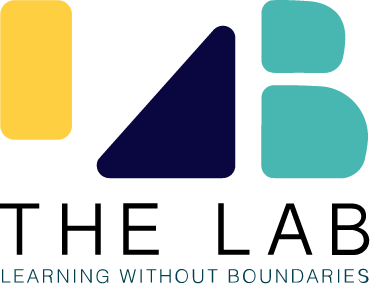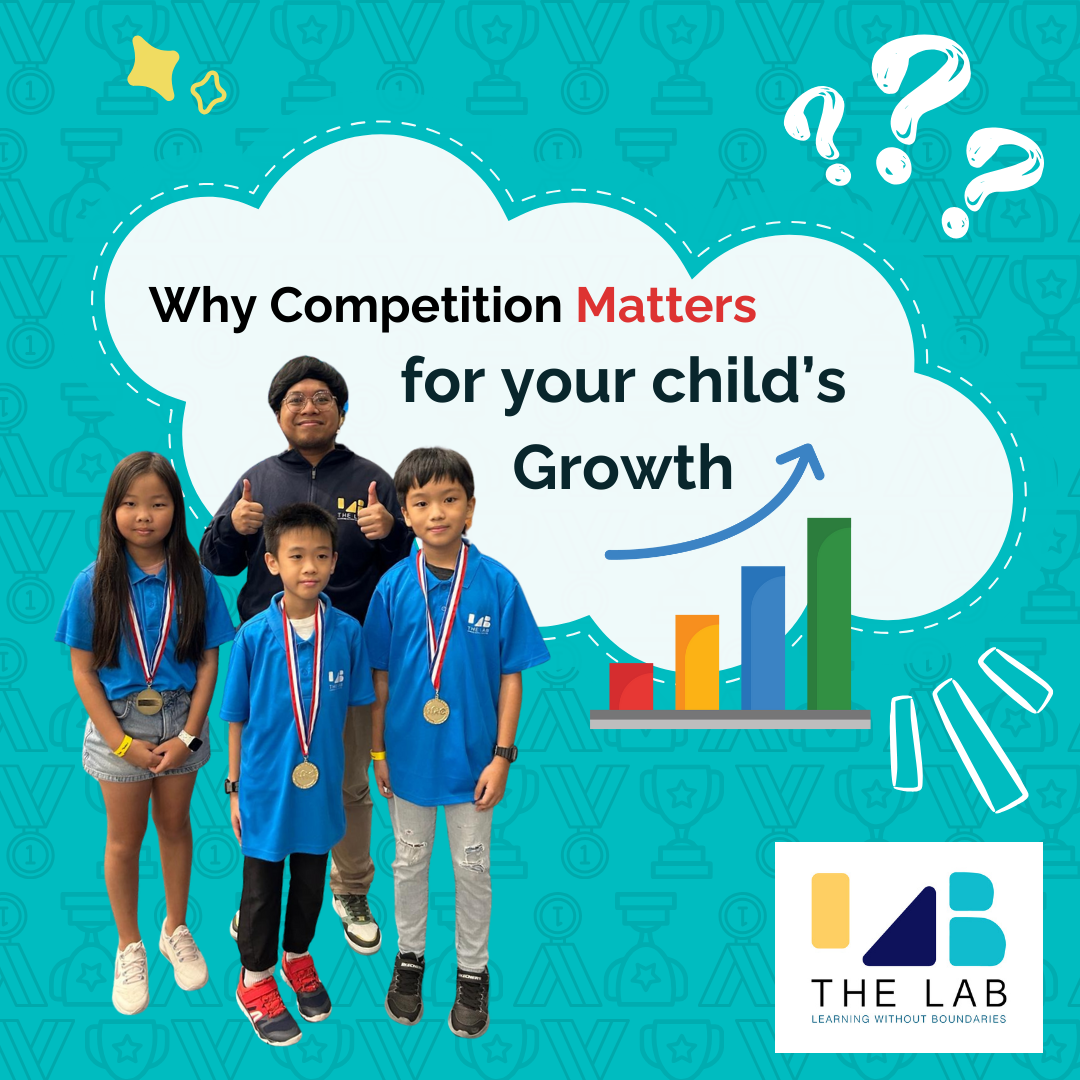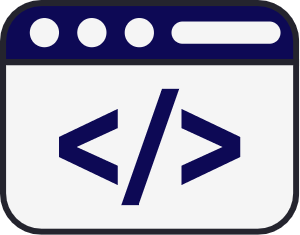Computational thinking is effectively a way that humans have been figuring out every aspect of life since time immemorial. We have spent centuries understanding what the component parts of any subject matter could be, and the really important ones, we note down so that these can be taught to future generations, such as with music, mathematics, economics, and similar. Other skills that we acquire through socialisation, such as language and social-emotional development for example, require the same steps in order to develop effectively, we just don’t call it computational thinking.
Computational thinking is quite obviously required for coding computers but in a more explicit, concrete and inflexible manner. Coding is a relatively new human activity that is likely to lead the next stage of human development but computational thinking has been around for much longer and is required of us in every aspect of life and from nearly day one.
Computational thinking is described as a process of analysing an array of information in order to identify basic parts (decomposition), ways that the parts consistently work together effectively (pattern recognition), ignoring the unrelated bits (abstraction), logging these elements as steps involved to achieve the process repeatedly (algorithm), and testing out the identified system for faulty assumptions, correcting them where necessary (evaluating solutions).
We do this more often when we are young as a necessary part of learning how to exist in the world and much less as we age and define reliable (enough) rules to live by. When we are young, our brains are primed to do this, but over time we capitalise less frequently on this natural ability. Capitalising on this innate way of learning about the world, ensuring we can identify and positively utilise the ability is one way to ensure that we are all able to continue this important process well beyond the natural developmental period of youth and retain this critical skill throughout life.
Computational thinking has been embedded into standard school curricula in many nations now, whether taught as a discrete learning area, as with the UK and USA, or embedded in each class, as occurs in Finland. The
Given that estimates of up to 60% of current work that can be coded into a logarithm is estimated to be given to machines in the next couple of decades, it is important not just to have an important workforce skill of programming or coding computers in the future but also understanding the way they work, or don’t, is potentially the next step in the development of the critical life skill of computational thinking. For those who are not supported in learning this apparently future-critical skill, there may be a different array of career opportunities, but they are likely to be limited and limiting. Whether one wants to learn to code or not, Computational Thinking is already with us and is here to stay.







